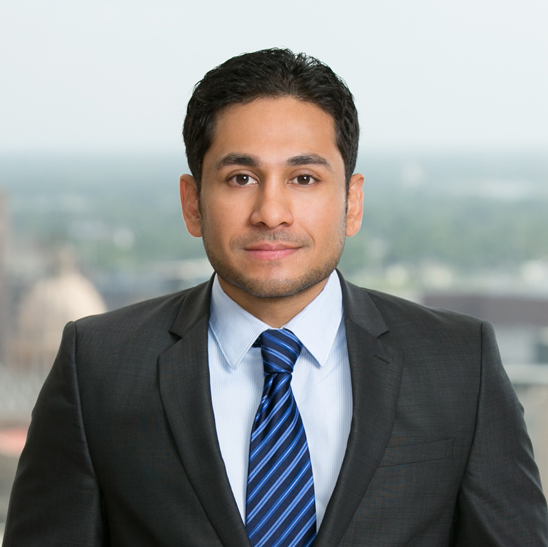A federal jury in Waco Friday handed Roku a complete defense win in a patent infringement trial in which the plaintiff sought damages that ballooned from $10 million to $228 million over the course of a four-day trial.
This is the second time for the California-based streaming device company to score a defense patent win in U.S. District Judge Alan Albright’s court.
For watchers of the hottest new venue in intellectual property law, Waco juries have now handed defendants two victories and one loss in the three patent trials Judge Albright has presided over during his time thus far on the bench. Roku’s previous win in October against MV3 Partners was the judge’s first patent jury trial.
The second Roku trial, against ESW Holdings, followed a $2 billion verdict that a jury reached in favor of VLSI — a verdict that generated lots of buzz among the IP community, particularly on the topic that it may be an indication of a larger pro-plaintiff sentiment in the local jury pool.
The IP community should have another data point next week after VLSI and Intel’s second trial concludes.
In a verdict entered at 4:59 p.m. Friday, the jury determined that Roku did not infringe on ESW’s ‘718 patent nor its ‘782 patent, which both involve technology directed to interactive TV authoring software tools. Separately, the jury invalidated the ‘718 patent.
Roku’s lead attorney, Jackson Walker partner Wasif Qureshi, said the case was “not your typical patent trial.

“We started trial expecting to defend against a $10 million claim based on a certain damages model but had to quickly recalibrate as ESW, without any prior notice, changed its damages model altogether during trial and turned this into a nearly quarter-billion-dollar case,” Qureshi said. “That, among other things, was a significant challenge. We are undoubtedly thrilled to have been able to weather and refute ESW’s strategies and be able to deliver this jury verdict for Roku in what was a very tough case.”
ESW’s lawyers did not immediately respond to a request for comment Monday afternoon.
Qureshi said the first time his side learned of the increased requested damages was day 3 of the trial, while ESW’s lawyers were cross-examining Roku’s damages expert and the $228 million figure was brought up during questioning. ESW’s own damages expert threw out a different figure, $62 million, which Qureshi said he highlighted during closing arguments.
“I said in closing that they’ve [mentioned] the $228 million figure but their own damages expert didn’t comment on [that number],” Qureshi said. “Once we realized the $228 number was going to come out and be in front of the jury, we didn’t try to hide from it. In my closing argument I must have mentioned $228 million at least a half-dozen times. Sometimes defendants won’t say big numbers because they don’t want it in the jurors’ minds, but we took it on directly.”
ESW is a subsidiary of Austin-based private equity firm ESW Capital, whose founder is a Silicon Valley-based entrepreneur. The firm has hundreds of millions of dollars’ worth of investments in more than 150 enterprise software portfolio companies. ESW hired Bracewell to represent it in the case and later added Quinn Emanuel Urquhart & Sullivan to its war team as trial approached.
In addition to the exponentially ballooning damages request, Roku’s lawyers said something else uncommon happened in the case: The defense team successfully knocked out three out of five patents at issue shortly before trial — two of which were knocked out on motions for summary judgment of non-infringement. The lawyers say this kind of win is uncommon in Judge Albright’s court.
The Jackson Walker trial team also included partner Leisa Peschel, who delivered Roku’s opening statement, crossed one of ESW’s fact witnesses and presented Roku’s damages expert; associate Blake Dietrich, who questioned Roku corporate/technical witness and technical expert; partner Chris Cravey; and associate Harris Huguenard. Cravey and Huguenard handled party disclosures and objections, deposition designations, trial exhibits, JMOL motions, charge conferences, preliminary and final jury instructions, the verdict form and more.
Qureshi crossed two of ESW’s fact witnesses, including the company’s corporate representative and its technical and damages experts. He also delivered Roku’s closing argument.
The Bracewell team representing ESW included Jared Schuettenhelm, Matt Gates, Michael Chibib and Conor Civins. The Quinn Emanuel attorney on the team is Scott Cole. The plaintiff’s team also included Michael Ballard of J. Ballard Law.
The case is 4:19-cv-00044 in the U.S. District Court for the Western District of Texas.
